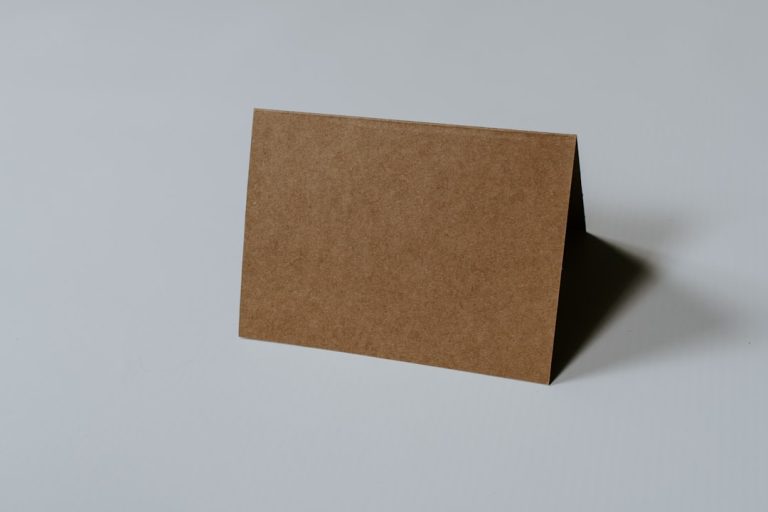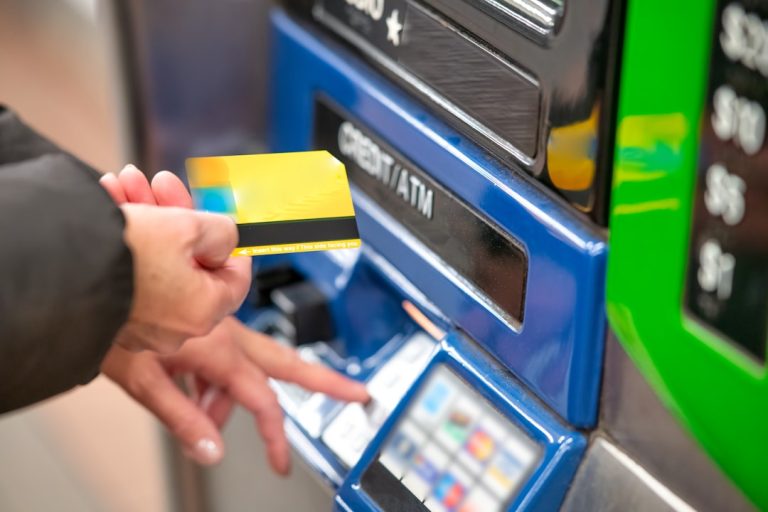Credit Card Minimum Payment: What You Need to Know
When it comes to managing your finances, credit cards can be a powerful tool. They allow you to make purchases conveniently and build your credit history. However, if you’re not careful, credit card debt can quickly spiral out of control. One key aspect of managing your credit card debt is understanding the concept of minimum payments.
What is a Minimum Payment?
The minimum payment is the smallest amount you are required to pay each month on your credit card balance. It is typically calculated as a percentage of your total balance, usually around 1-3%, or a fixed dollar amount, whichever is higher. Paying only the minimum amount due can help you avoid late fees and maintain a good credit score, but it can also keep you in debt for a long time due to high-interest rates.
Pros and Cons of Paying Only the Minimum
Paying only the minimum on your credit card can be tempting when money is tight, but it’s essential to understand the pros and cons.
Pros:
- Avoid Late Fees: By making at least the minimum payment by the due date, you can avoid costly late fees and penalty interest rates.
- Maintain Your Credit Score: Paying the minimum keeps your account in good standing and helps protect your credit score from negative marks.
Cons:
- Accrue Interest: By carrying a balance and only making minimum payments, you will accrue interest on the remaining balance, increasing the total amount you owe over time.
- Long Repayment Period: Making only minimum payments can prolong the time it takes to pay off your debt, potentially costing you more in interest in the long run.
How Minimum Payments Affect Your Credit Score
Your payment history accounts for about 35% of your FICO credit score, making it one of the most critical factors. While paying the minimum on time helps maintain a positive payment history, carrying high balances relative to your credit limit (known as credit utilization) can negatively impact your score. To improve your credit score, aim to pay more than the minimum each month and keep your credit utilization low.
Tips for Managing Credit Card Minimum Payments
- Pay More Than the Minimum: Whenever possible, pay more than the minimum amount due to reduce your balance faster and save on interest charges.
- Create a Budget: Establish a budget that prioritizes paying off debt and allocate as much as you can afford to credit card payments.
- Avoid Adding to Your Balance: To prevent further debt accumulation, refrain from using your credit card for unnecessary purchases until you’ve paid off existing balances.
- Consider a Balance Transfer or Debt Consolidation: If you have high-interest debt on multiple cards, consolidating them with a balance transfer or personal loan could help lower your interest rate and simplify repayment.
Final Thoughts
While paying the minimum on your credit card can provide short-term relief, it’s crucial to understand its long-term implications. By prioritizing higher payments and managing your finances wisely, you can work towards becoming debt-free and improving your financial health. Remember, responsible credit card use is key to building a strong financial foundation.
For personalized advice on managing your credit card debt and improving your financial situation, consider consulting with a qualified financial advisor or credit counselor. Your financial future is worth investing in!






